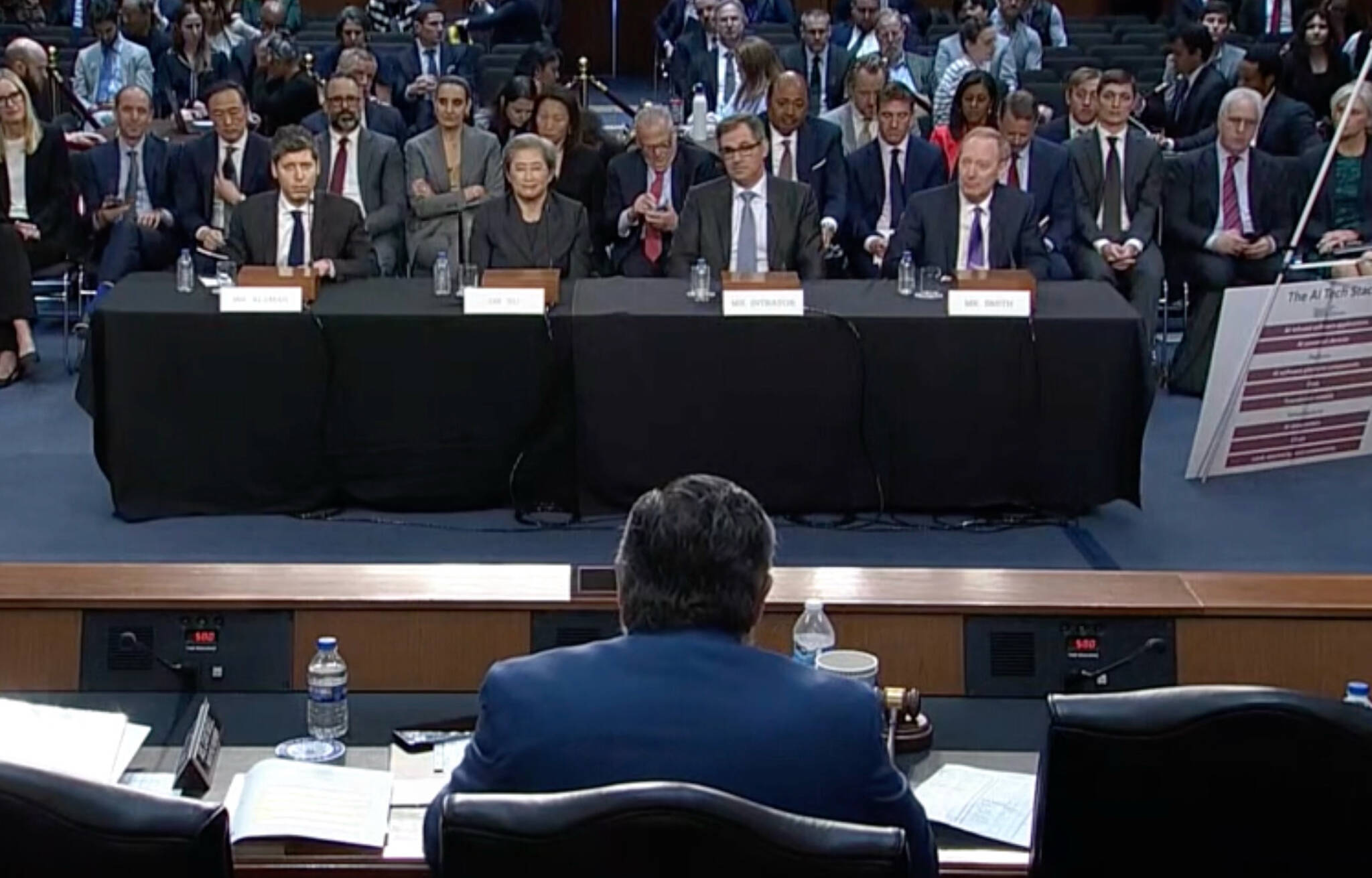The Battle Over AI Chip Export Controls: Tech Execs Respond to Changing Regulations
The Context
Amid a rapidly evolving landscape in artificial intelligence (AI), executives from major U.S. tech companies—including Microsoft, AMD, and OpenAI—are raising concerns about the Biden administration’s export rules for AI chips. Their collective stance is clear: success in the AI race against China requires a more open framework that fosters collaboration rather than restricting the use of American technology.
The Senate Hearing
During a recent Senate hearing, the stakes were laid bare. Microsoft President Brad Smith emphasized the importance of global technology adoption in determining whether the U.S. or China emerges victorious in the AI arena. He argued that the proposed diffusion rules could diminish the trust of international buyers in U.S. suppliers. “How can you make a bet on suppliers if you’re not confident that they’ll be able to fulfill your needs?” Smith questioned, spotlighting the potential repercussions of stringent export controls on market confidence.
The Industry Perspective
AMD CEO Lisa Su echoed Smith’s sentiments, asserting that limiting U.S. companies’ ability to address the AI requirements of foreign nations could unintentionally push them toward Chinese suppliers. "Today, the U.S. produces the most advanced AI accelerators in the world," she noted, but added that even chips that aren’t the best can still pave the way for innovation. Su stressed that it’s not just about having the best technology, but also about being able to meet market demands effectively.
Call for Simplified Regulations
As the conversation evolved, both Smith and Su agreed on the need for a more straightforward approach to export controls. Su suggested that regulations should be simple and easy to follow, which would not only protect national interests but also bolster U.S. innovation. Smith took it a step further by recommending the removal of compute limits for so-called tier-2 nations—countries not on the U.S.’s exclusive allies list—but who are not under arms embargoes either.
Support from Other Tech Leaders
This isn’t a one-sided debate. Executives from other tech giants, including Nvidia and Cerebras, have voiced similar concerns. Nvidia CEO Jensen Huang highlighted the importance of accelerating the diffusion of American AI technology globally, reiterating the need for policies that encourage widespread adoption. His call for action underscores a significant sentiment resonating within the tech industry: that strategic openness could enhance U.S. competitiveness.
OpenAI’s Position
OpenAI’s Sam Altman chimed in with his perspective, expressing optimism about potential rule changes. He acknowledged the necessity for some constraints but believed that the focus should shift from restricting technology diffusion to fostering it. Altman’s comments reflect a broader industry philosophy that prioritizes U.S. products and services as foundational to global AI development.
China’s Growing Influence
A significant aspect of this debate is the ever-increasing competitiveness of Chinese technology. Altman and others have downplayed the immediate threats posed by Chinese AI models like DeepSeek-R1, arguing that the best defense against such competition is robust American innovation. "We’re going to release an open source model that, we believe, will be the leading model this summer," he stated, aiming to support the development of a U.S.-centric technological ecosystem.
The Future of AI Export Controls
The backdrop of this debate is the incoming Trump administration, which has signaled the potential for sweeping changes to Biden-era export regulations. A spokesperson from the Commerce Department articulated criticism of the current rules, labeling them as overly complex and bureaucratic. The anticipated changes aim to foster an environment that promotes American innovation and technology dominance.
Uncertainty Ahead
As the date for the implementation of Biden-era rules draws near, uncertainty looms. Some analysts speculate that the Trump administration may leverage AI chips as a bargaining tool in broader foreign trade negotiations. The tech world is now awaiting the unfolding of these developments—each move likely to shape the future landscape of AI technology and its global implications.


